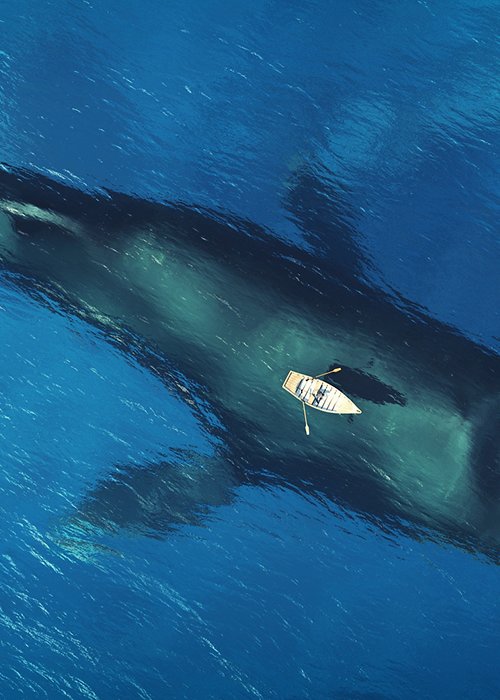The largest, the blue whale, is the size of a ten-storey building and weighs as much as thirty elephants put together. Arctic whales, on the other hand, have been known to live for more than a hundred years. Grey whales make one of the longest annual migrations ever recorded: they travel around 16,000 km each year to move from polar waters, where they feed, to temperate waters near the equator, where they breed. To celebrate these creatures of extraordinary and still mysterious intelligence and to emphasise the need to protect them, the third Sunday in February is World Whale Day.
This day was established in 1980 in Maui, Hawaii. Since then, every year, the Maui Whale Festival pays tribute to the humpback whales that return to the island after their seasonal migration; the event is organised by the NGO Pacific Whale Foundation and is an event (at least in pre-Covid times) that attracts thousands of people to the Hawaiian coast; floats, music, films and events to remember the importance of these wonderful marine giants.
From whaling to plastic pollution in the sea, the risks to these creatures cannot be underestimated. The ban on whaling came into force in 1986, yet even today, in some countries, such as Japan and Norway, these animals are still hunted, circumventing the ban with loopholes attributed to scientific research. Like other sea inhabitants, whales are also victims of plastic waste in the oceans, including the dreaded microplastics. These threats are compounded by other threats, also man-made, such as pollution, global warming and interaction with fishing. In the face of all this, it is essential to understand how urgent it is to protect these mammals, taking action all year round and not just on World Whale Day.




